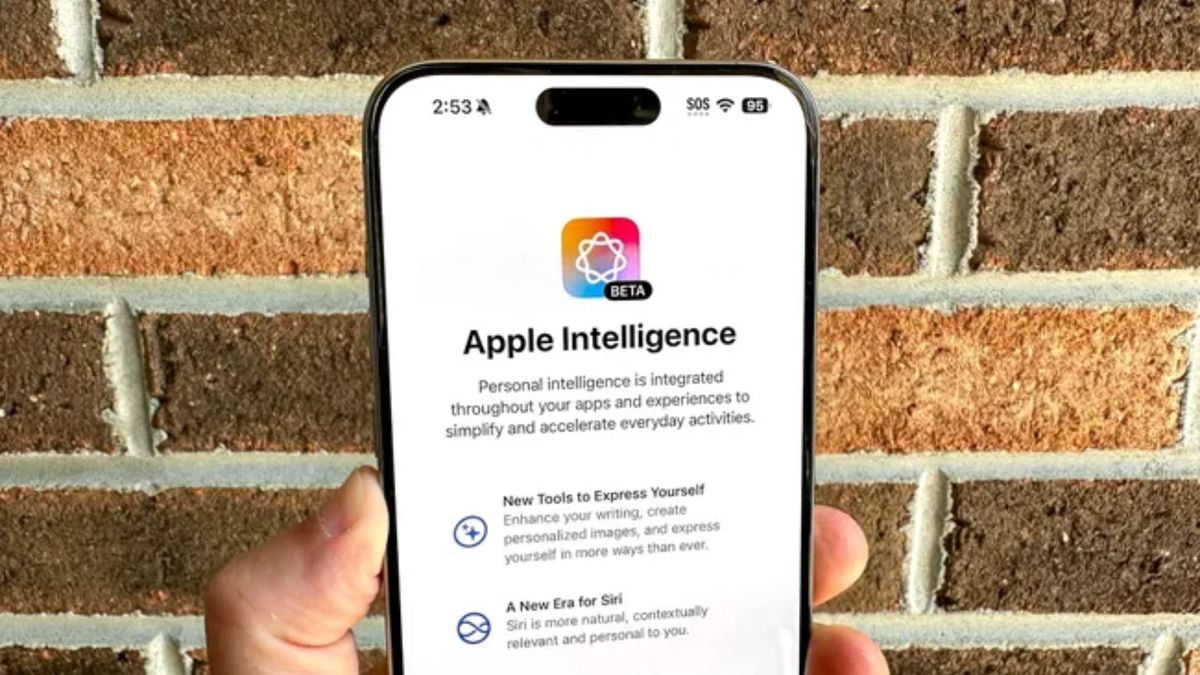
Apple faces legal action for using "false" Apple Intelligence ads to drive iPhone 16 sales
- 21.03.2025 17:49
- windowscentral.com
- Keywords: AI, Apple, Legal Action, Marketing, Consumer Protection
Apple is facing a class-action lawsuit in the US District Court in San Jose for falsely advertising its Apple Intelligence AI features in the iPhone 16 lineup, allegedly deceiving millions into purchasing devices based on promised but unfulfilled AI capabilities. The plaintiffs claim Apple used misleading marketing to gain a competitive edge and seek compensation and injunctive relief to prevent further deceptive practices.